By Mellisa Genfi
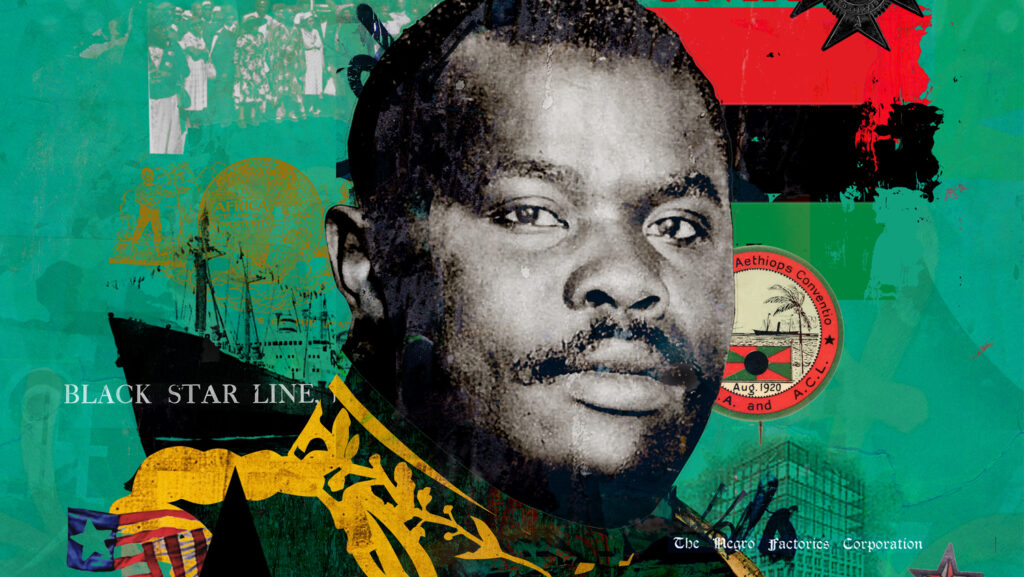
Image: https://cargomovement.org/
“Intelligence rules the world, ignorance carries the burden” Marcus Garvey
“Liberate the minds of men and ultimately you will liberate the bodies of men.” Marcus Garvey
Last month was a special event within the Pan-African calendar. The month of August the birthday of the honourable Marcus Mosiah Garvey was celebrated, one of the greatest pioneers to have walked the earth during the 20th century. Marcus Mosiah Garvey was a prominent Pan-African figure, born on the 17th of August 1887 in Jamaica St Ann’s. He founded the UNIA (Universal Negro Improvement Association) in 1914, it was one of the biggest movements that advocated self-determination and economic independence for people of African descent globally. We will also look into his legacy which offers an opportunity to reflect on how his skills and principles can be taught to our children, encouraging the next generation to apply them in today’s world. Here’s how we can use his approach and skills in the 21st century:
Entrepreneurship and Economic Empowerment
Garvey emphasised economic independence through entrepreneurship, advocating for Black-owned businesses and self-sufficiency. Marcus Garvey had businesses such as the Black Star Line, Negro World and the Negro Factories Corporation. Garvey believed that economic power was important to achieve social and political freedom. Marcus saw entrepreneurship as a way for black people to control their financial destinies, He also encouraged black people to work together collaborating through businesses and creating wealth.
In today’s world where technology has changed our lives, AI (Artificial Intelligence) and Automation could reduce the demand for certain jobs, it is also creating new opportunities. Young people should understand and study AI (artificial intelligence) and many other technological tools to help them build start-up businesses. Looking at Garvey’s ideas by fostering entrepreneurship young people can study the communities around them that are underserved and create business opportunities with technology while learning financial literacy and supporting businesses through investments along the way.
The Love for Learning
Marcus Garvey was dedicated to education and intellectual growth. Marcus was mostly self-educated, this shows us that formal education is not the only path to wisdom. Garvey understood that knowledge was the key to empowerment especially for disadvantaged communities. He encouraged education as a tool for social and political change, independent thinking was also promoted and a critical approach to dissect mainstream narratives. Various topics such as African history and culture were central parts of his teachings, Marcus Garvey believed that knowing your roots was essential for self-identity and to be proud of who you are.
Cultivate a habit of reading and exploring diverse topics. Take ownership of your learning journey by seeking out knowledge beyond traditional educational institutions.
-
Use your education to uplift yourself and others. Focus on learning that not only enhances personal skills but also contributes to the betterment of your community.
-
Develop critical thinking skills by engaging with diverse perspectives and questioning accepted truths. Don’t be afraid to challenge prevailing opinions with well-reasoned arguments.
-
Study and appreciate your cultural and historical background. Understanding the history and struggles of your community can provide a strong foundation for personal growth and identity.
Global Networking and Pan-Africanism
Garvey’s vision of Pan-Africanism encouraged unity among people of African descent across the globe. Garvey founded many businesses and institutions where he was able to network with many people around the world. His UNIA (Universal Negro Improvement Association) organisation was in over 40 countries including the U.S, Canada, the Caribbean, Africa, and Europe. Garvey’s vision of global networking was exemplified by the widespread reach of the UNIA, which connected people of African descent across continents.
In the digital age, young people can utilise global networks and social media to connect with and support diasporic communities and collaborate on initiatives that uplift marginalised groups worldwide.
-
Participate in local cultural organisations, social groups, or online communities that celebrate African heritage and foster global connections. Use social media to connect with like-minded individuals and organisations worldwide.
-
Supporting businesses that align with your heritage and values, strengthening economic ties within the community.
-
Invest in businesses or initiatives that promote economic development in African and African Caribbean and other diaspora communities. This could be through supporting microfinance institutions, donating to educational programs, or engaging in fair trade practices.
Advocacy and Political Activism
Garvey was a passionate advocate for Black rights and independence, using his voice to challenge oppression and promote self-determination. Garvey advocated for political empowerment, urging Black people to engage in the political process, not only in their countries of residence but also in advocating for a united Africa. He believed that political power was crucial for achieving racial equality and justice.
Young people can draw inspiration from Garvey to engage in political activism, use platforms to advocate for policy changes, and participate in civic life to influence decisions that affect our communities. Understanding the roles of local MPs/Congress/Senators and what they do politically in your community. Learning about the importance of voting when coming of age, as most countries vote age 18 and over. Campaigning and supporting candidates who advocate for the issues you care about. Engaging in political discourse and activism can lead to meaningful change.
Cultural Pride and Identity
Garvey promoted pride in African heritage, encouraging people of African descent to embrace their history and culture. Garvey stressed that Black people should be proud of their African ancestry and cultural heritage. He argued that African people had a rich history and culture that had been systematically disrupted by colonialism and slavery. Through his speeches and writings, he sought to create pride in African identity, encouraging Black people to reject negative stereotypes and celebrate their African roots. Garvey often quoted, “Black is beautiful,” long before it became a slogan in the 1960s, emphasising self-love. Garvey also understood the importance of cultural symbols in building identity and pride. The red, black, and green Pan-African flag symbolised Black pride and unity. He also encouraged the development of art, literature, and music that reflected the beauty and strength of African culture.
Young people can embrace and promote cultural heritage through education, the arts, and media. Supporting cultural institutions and initiatives that highlight and celebrate African history and contributions is a way to honour this aspect of Garvey’s legacy. Schools and communities can continue this legacy by incorporating Black history, African culture, and the contributions of African-descended people into the curriculum. Applying Garvey’s ideas by promoting diverse representations and highlighting powerful stories within the media. Initiatives that support Black creators, filmmakers, authors, and artists that create cultural stories can continue the work fostering pride and understanding among younger generations.
Leadership and Community Building
Garvey was a charismatic leader who inspired and mobilised large groups of people towards a common goal. Garvey didn’t just speak about ideals; he took practical steps to build institutions that embodied his vision. He founded schools, newspapers (such as The Negro World), and businesses to empower and educate Black communities. These institutions were central to creating a sense of independence and self-reliance.
As a young person there is a need to develop leadership skills and focus on community building that addresses modern-day issues. Focussing on building sustainable institutions that serve the community’s needs. This could include schools, businesses, nonprofit organisations, or other structures that provide resources, education, and opportunities for the community. Marcus Garvey promoted education and self-improvement, today’s young leaders can build educational programs that teach critical skills and history. This can range from mentorship programs to formal schools and online learning platforms.
Resilience and Visionary Thinking
Garvey’s vision for a united, self-sufficient Black community and a strong belief in the potential of his people. Young leaders today can emulate Garvey’s resilience by standing firm in their principles and maintaining a long-term view despite setbacks. Garvey’s ability to inspire through adversity shows that the broader mission can still succeed even when the plans fail. Today young people should have a visionary thinking mind to tackle global challenges. By cultivating resilience and a forward-thinking mindset, young people can develop long-term strategies to create a better future for themselves and their peers. Developing mental toughness and adaptability in leadership, remaining focused on the end goal, and building a strong support network for times of challenge. Future young leaders can inspire change through persistent efforts in any field they choose to pursue.
Media and Communication
Through Garvey’s newspaper The Negro World, Garvey communicated his ideas, mobilized his followers, and spread his message widely. The geographical borders of the U.S or the Caribbean did not limit Garvey. He used the Negro World to communicate with Black communities in the Americas, Africa, and Europe. The newspaper was shipped into Africa where it inspired anti-colonial movements and Pan-African sentiments.
In the 21st century, young people can master digital media and communication is key. Leveraging blogs, podcasts, social media, email newsletters and other platforms to spread empowerment and education, a perfect example of a magazine promoting education and cultural empowerment such as Cocoa Magazine for young girls and boys. just as Garvey did with print media.
By applying Garvey’s principles and skills in the 21st century, we can continue his work of empowering communities, through cultural education fostering unity, and striving for a better future. His ability to inspire pride in Black identity, and promote economic independence, Garvey’s emphasis on self-reliance and community-driven initiatives can be applied to modern-day entrepreneurship, with Garvey’s great organisation skills. His vision of Pan-Africanism and unity across the African diaspora resonates in an increasingly interconnected world, where global cooperation can strengthen efforts for equity and justice. By adapting Garvey’s principles, young people can build stronger, more empowered communities and tackle contemporary challenges through unity and strategic action.
Educational Books and Prints With Marcus Garvey Concepts:
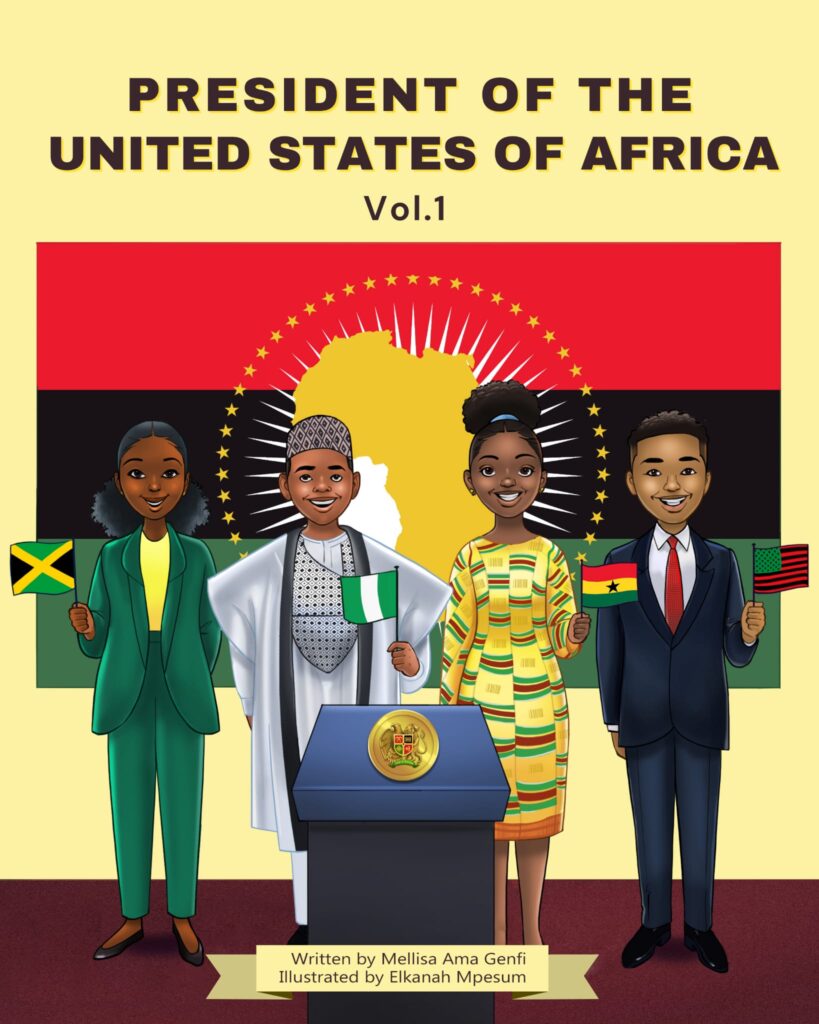
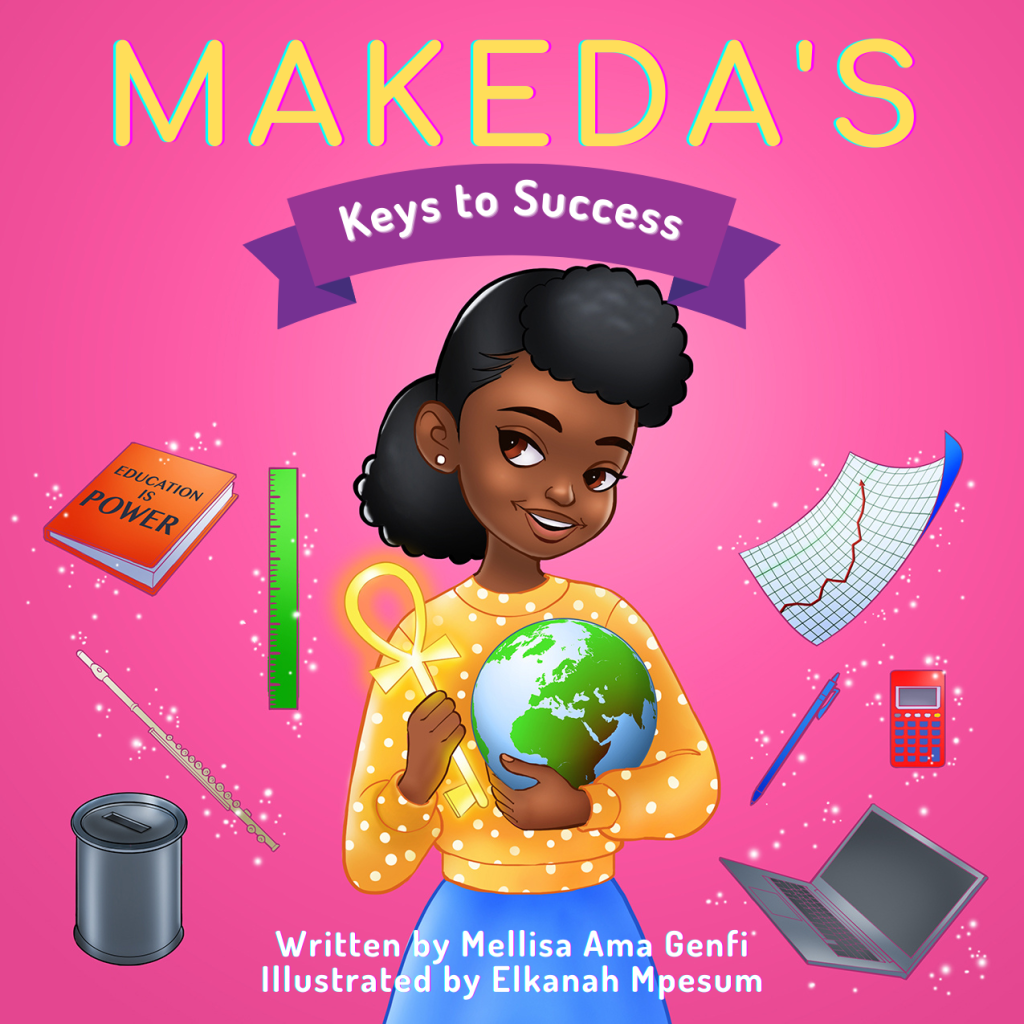

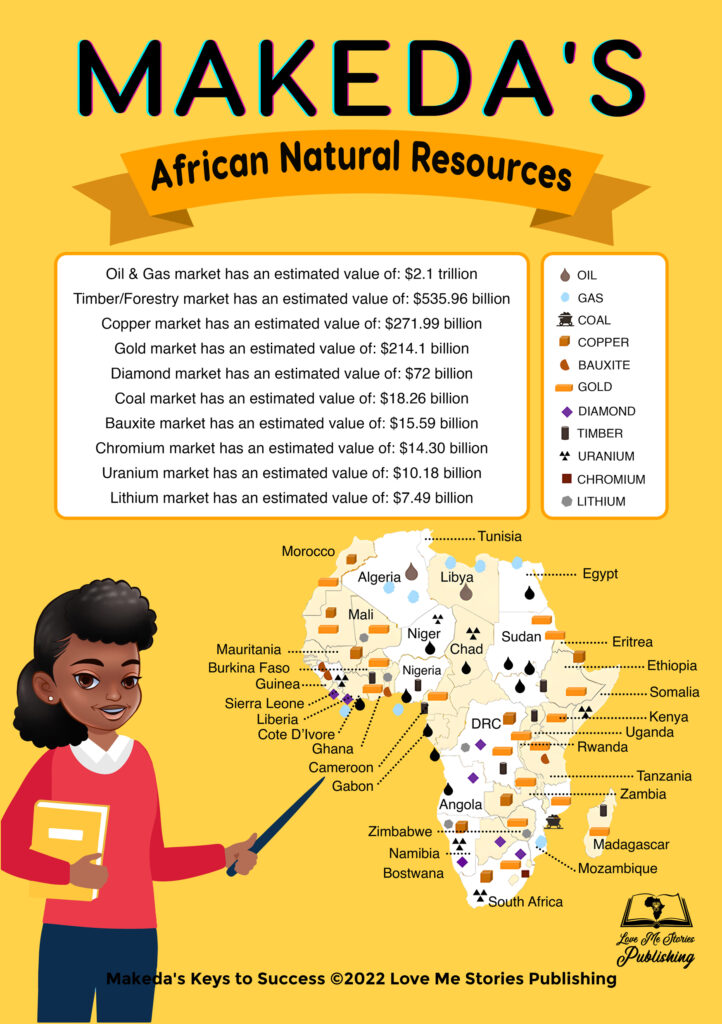
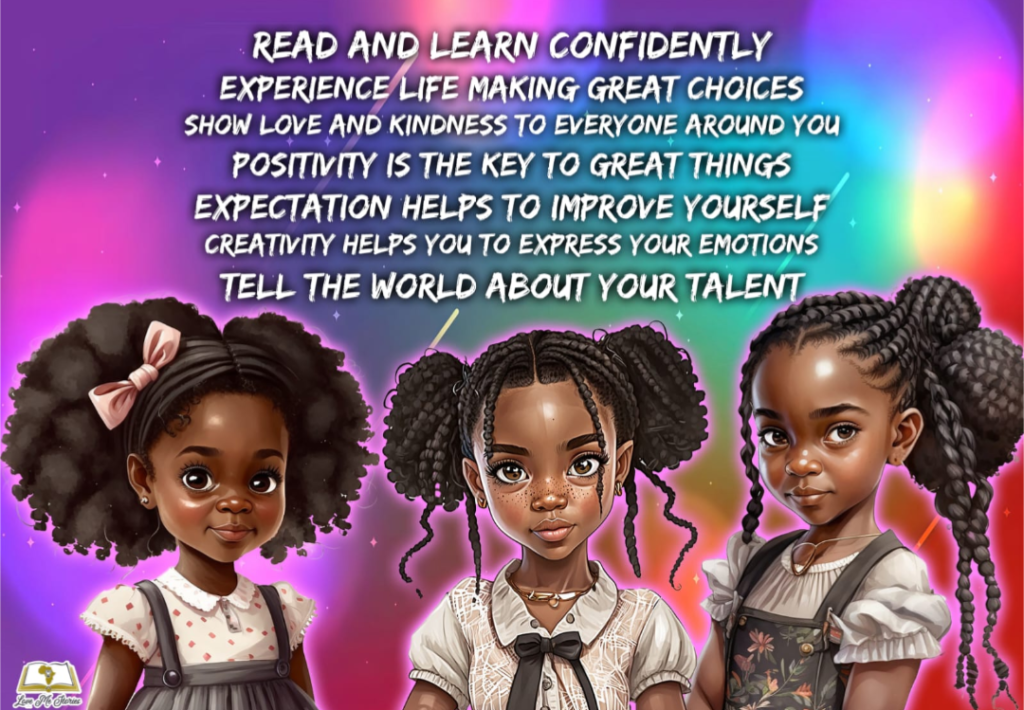
Educational Companies we work with:
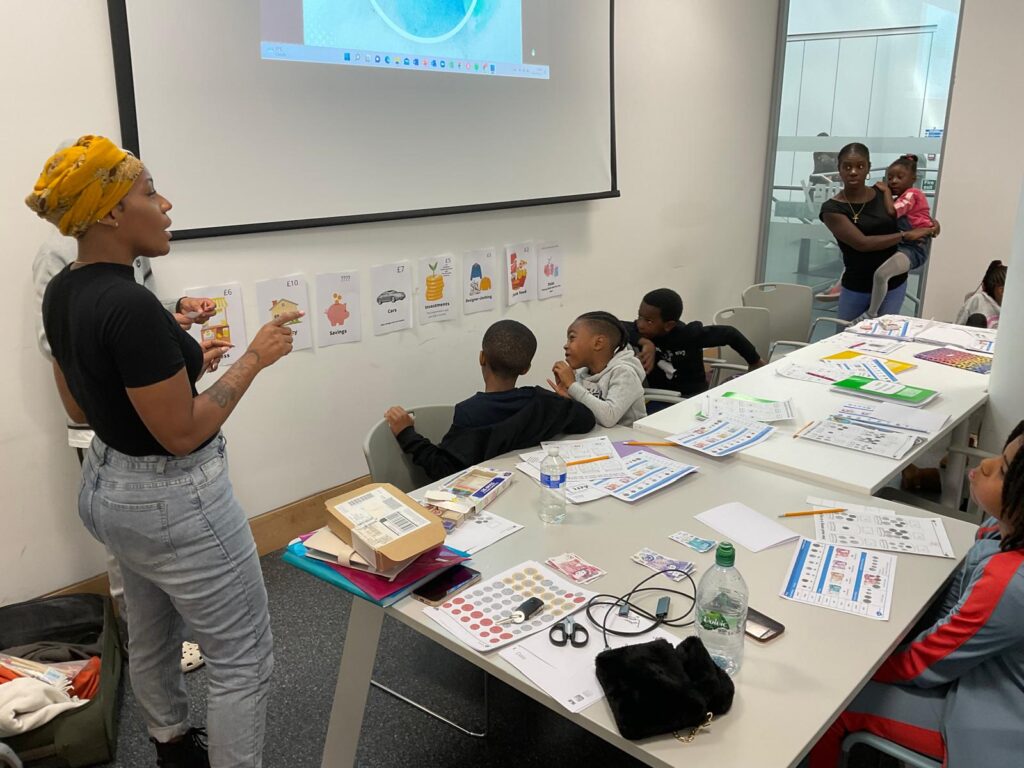
Kijiji Education
For all Cultural Educational Products and to join our mailing list:
Follow us on social media

Contact us on Whatsapp

+447538453272

